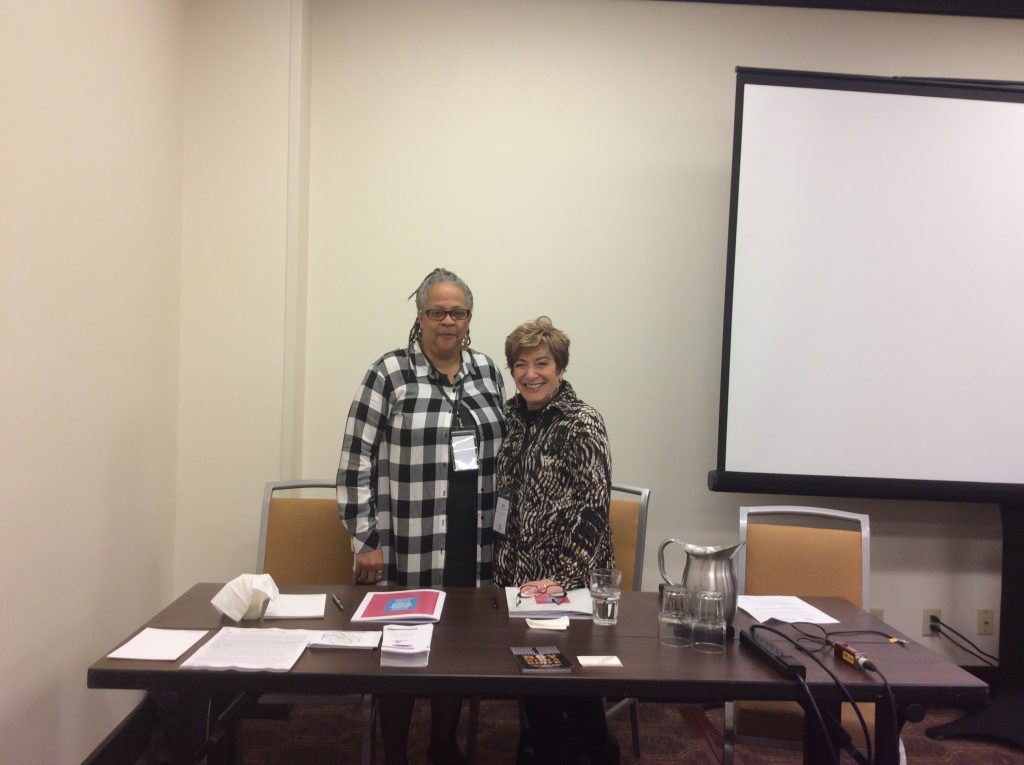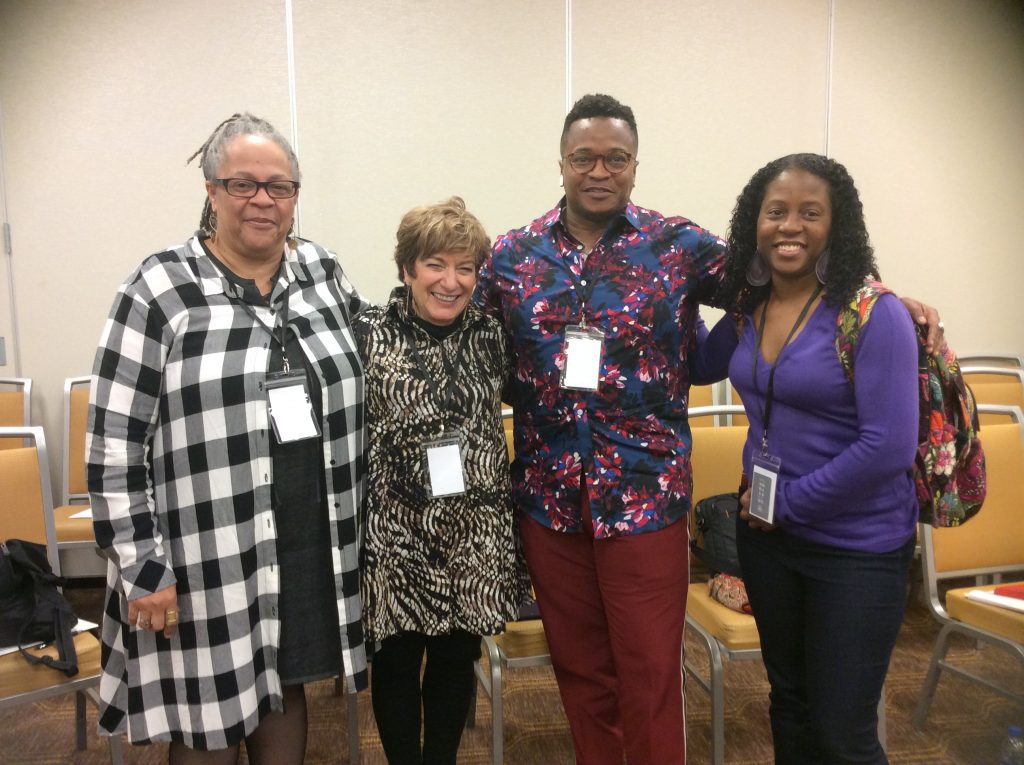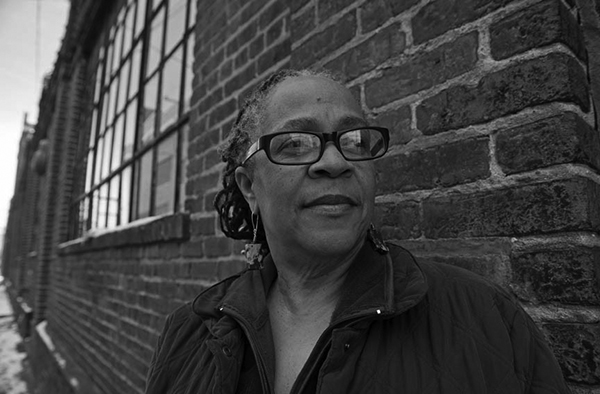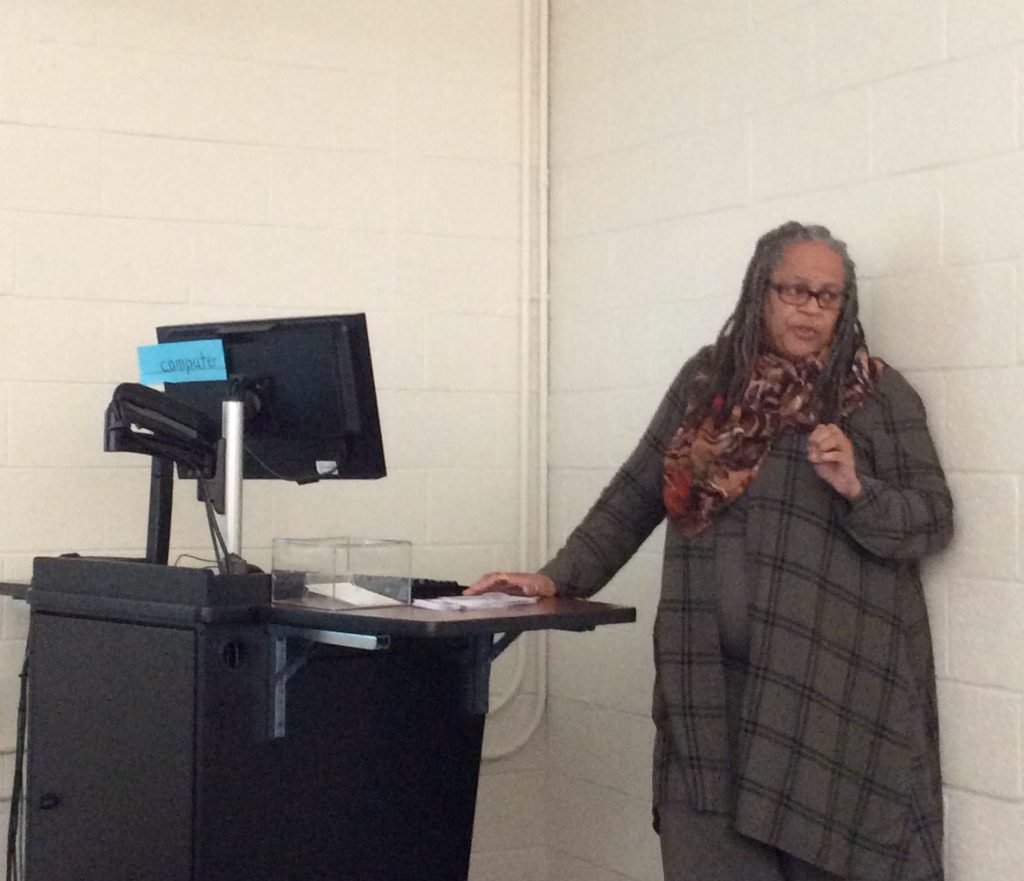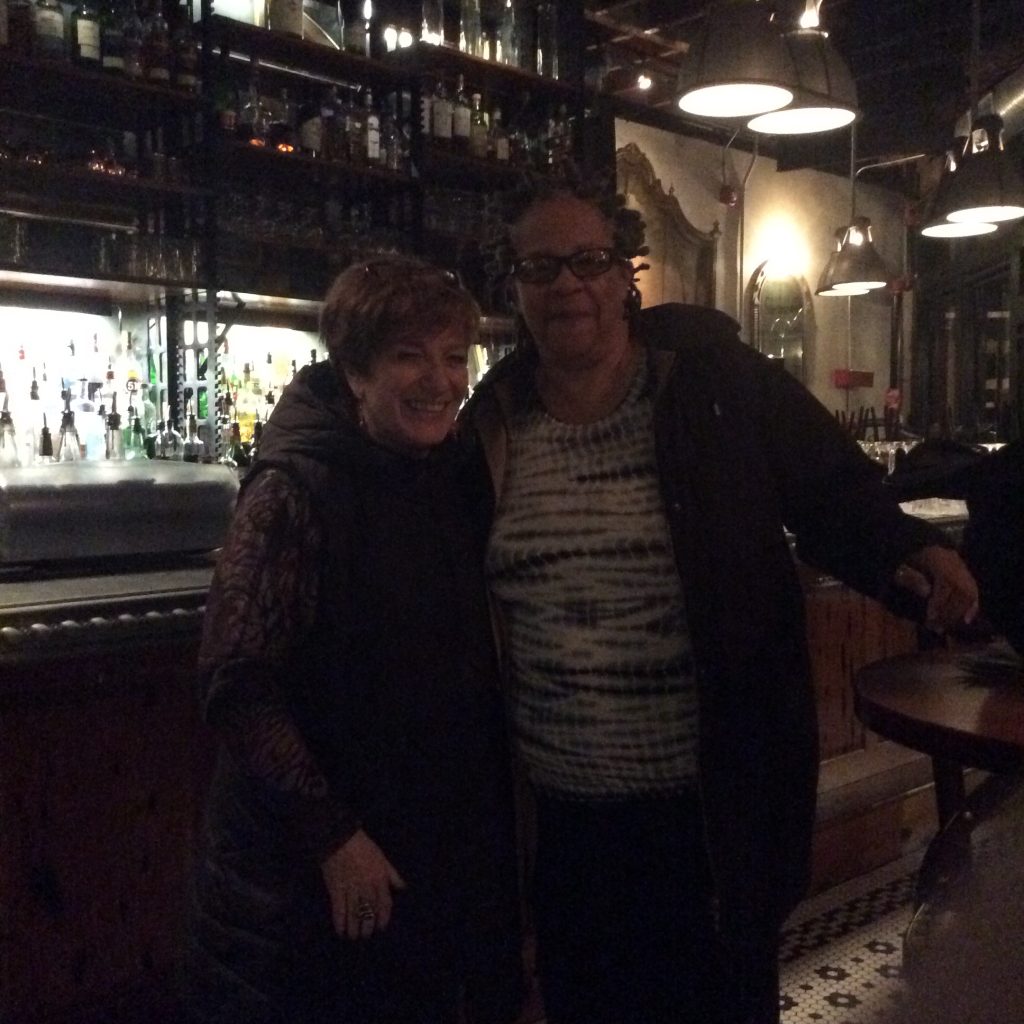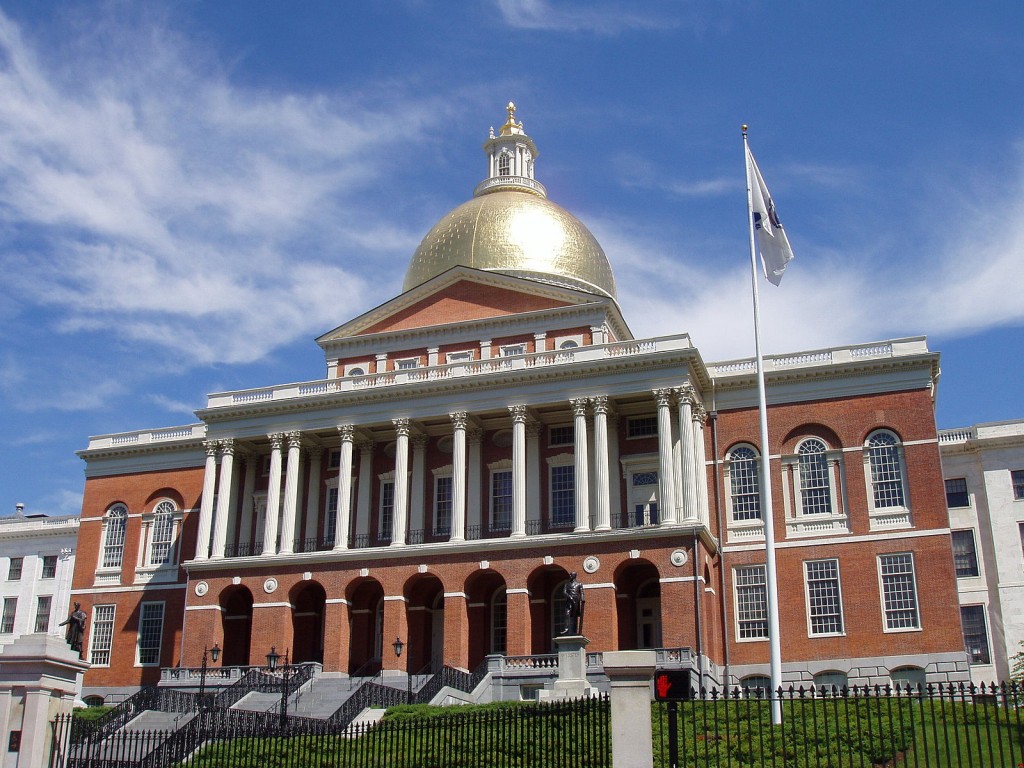

THERE ARE STILL SOME PROBLEMS TO WORK OUT–STOP REJECT LIST!
Books to Prisoners Seattle started this petition to Washington DOC Secretary Stephen Sinclair and 3 others
“The Washington Department of Corrections (DOC) has just prohibited all nonprofit organizations from mailing free, used books to every prisoner in this state.
Across the country, dozens of volunteer nonprofits respond directly to prisoners’ book requests; together, these groups send about 200,000 free books every year to people behind bars, from westerns and science fiction novels to books about starting businesses after release. Access to information in prisons is a lifeline for literacy and skill-building; the humble dictionary, a book which most of us no longer possess as a physical book, is the number one request by prisoners because good sources of information are so scarce.
For the many prisoners and their families who can’t afford to buy new books, free, used books are a lifeline; for prisoners in solitary confinement (around 80,000 at any given time), these book donations may be the only reading material they have. We love prison libraries and their hard-working staff, but they are chronically underfunded, understaffed, and not accessible for all prisoners or open when needed. In Pennsylvania, for example, prisoners are allowed a maximum of 90 minutes per week at the prison library. Additionally, books checked out from prison libraries must be returned and may not be available at any given time due to circulation; by contrast, books mailed from prison book programs belong to prisoners forever as personal property. Four facilities in Washington don’t even have on-site libraries, an indication of the ongoing need for services like prison book programs to fill the gaps.
This ban will deny incarcerated people in Washington access to literally thousands of books.
Groups like the Prison Book Program in Massachusetts, Books to Prisoners in Washington, and LGBT Books to Prisoners in Wisconsin have successfully sent books without incident to Washington prisoners since 1973. Sadly, this isn’t the first time that a DOC has attempted to ban our programs. In 2018 alone, both Pennsylvania and New York attempted similar bans. Most attempted bans cite security reasons — though few (if any) can cite a single instance where a prison book program ever sent contraband material.
Together, we stopped these attempted bans in Pennsylvania and New York in 2018; let’s stop it now in Washington.
Please join other prison book program supporters to contact the Washington DOC and Governor Jay Inslee’s office and demand that this new policy — a memo amended to policy 450.100 — be rescinded at once. #PrisonersNeedBooks”


